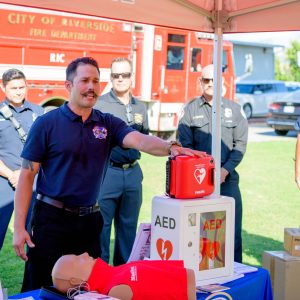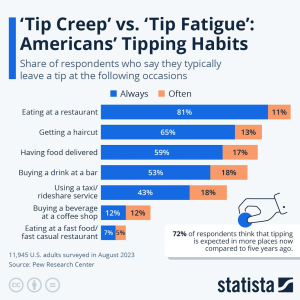 View Winners →
View Winners → September College Search Guide: The Road to College
By May S. Ruiz
September marks the beginning of the fall season and, for most students, the beginning of a brand-new school year. Hopefully, for your children, it is a time of great anticipation and excitement. In our household, the days before the new school year were spent getting all the books, school supplies, and backpacks ready. My daughter always looked forward to receiving the school packet from the director which contained her class schedule, roster, and teachers. This was when her mind finally got set for the upcoming year.
Freshman: If your children didn’t develop good study habits in lower and middle school, they need to hunker down and be serious about academics. Encourage them to immerse themselves in the culture of their high school and get involved in various extra-curricular activities that support their interests, and which they can carry on into the next three years.
Your children should find the time to meet with their school’s counselor to map out a four-year curriculum that meets all the requirements for graduating and going into college. They should take the most challenging courses they could handle. Some high schools offer Advanced Placement subjects in 9th grade and they have to be ready to take the exams after they complete the AP course.
Sophomore: By this time, your children should be fully transitioned into high school. They should be picking up where they left off – taking advanced placement courses, working on extra-curricular activities they had identified in their freshman year, playing sports for their school, etc.
Practice exams for standardized tests are given in your children’s sophomore year so make sure they are registered for the PSAT. Taking these tests will help them identify their weaknesses and study for them. Several companies and organizations offer test preparation courses; your children should register to one if they need help getting ready for these exams (ACT: www.act.org; PSAT: www.collegeboard.com; Educational Testing Service: www.ets.org; Kaplan: www.com; National Association for College Admission Counseling: www.nacacnet.org; The Princeton Review: www.princetonreview.com)
It may seem too early to do this, but your children can start looking at colleges that offer courses in their fields of interest; or are considering all possible options, if they haven’t determined what they are thinking of taking in college.
Junior: This is a very hectic, even stressful, time in your children’s high school life. It is also the last complete year that college admissions officers will see your students’ grades and accomplishments. It is a decidedly important year for them; they need to put the effort to show admission officers that they are capable of doing the work and are qualified for admission to the university to which they will be applying. If your children are thinking of applying to universities through early action/decision, their junior year grades and work will become all the more significant.
Aside from the rigors of school, sports, and extra-curricular activities, there are standardized tests to take. Your children should be taking the Preliminary SAT/National Merit Scholarship Qualifying Test (PSAT/NMSQT) early next month. I would like to remind parents not to put extra pressure on their children as they get ready for the standardize exams – they are stressed enough as it is and a higher-than-average SAT score does not guarantee admission to their dream university.
You and your children should be going to college fairs being held at their high school. They should be gathering information about colleges and universities – courses and diplomas offered; standardized test requirements for admission; deadlines for early action/admissions, if being offered, and for regular admission.
Senior: This whole year is going to be a marathon for your children! From the moment they get in the doors of their school, they are going to be putting much of their focus on college applications. If your children are applying for early action/decision, they should have taken all the standardized exams required by the university during their summer after junior year.
By this time, they should be ready to write their personal statement. They should have given stamped envelopes to the teachers giving them recommendations and have their final list of the colleges and universities to which they will be applying.
You and your children should also be researching scholarships that are available. There are many private companies offering financial aid that might fit your children’s particular interests and talents. One particular organization you might look into is called Affordable Colleges Online. The founders of this entity have developed a guidebook, with the professional assistance of Sean Martin, who is the Director of Financial Services at Connecticut College (http://www.affordablecollegesonline.org/graduating-debt-free). This online site gives you and your children alternative ways to pay for college, such as military benefits, employer benefits, and work study programs. It also cites ways to save on textbooks and gives advice for military service members and veterans.
It goes without saying that your children should make sure they are doing their best in their academics. All admissions officers require the first quarter grades if your children are applying for early action/decision.










































































































